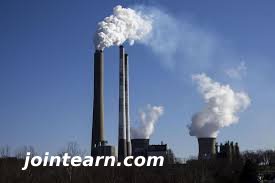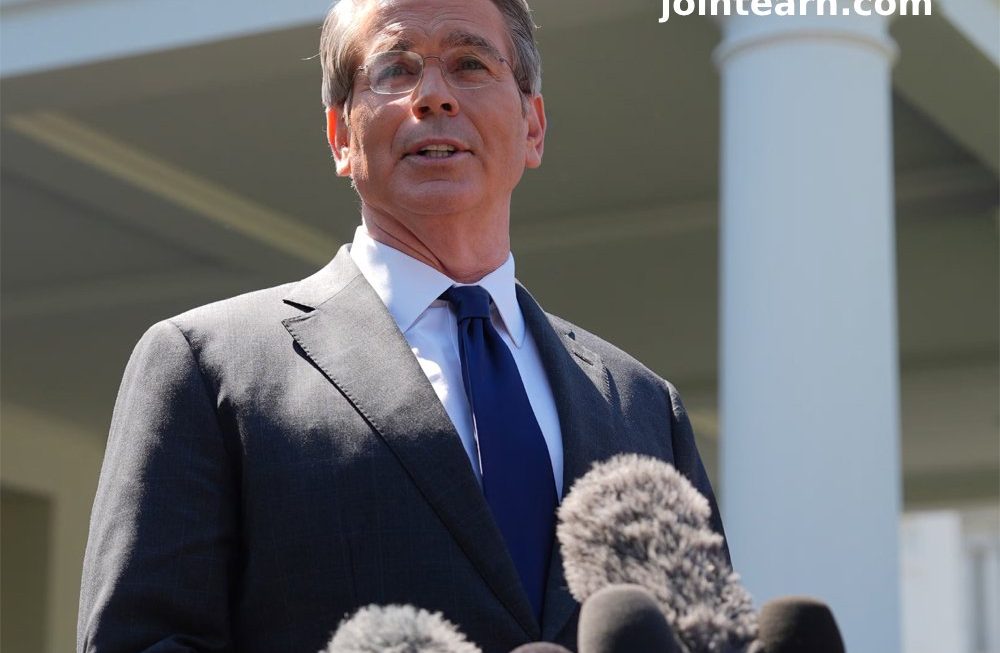Regulatory Changes Target Environmental Protections
The Trump administration has announced sweeping deregulations aimed at reducing restrictions on power plant emissions while also cutting protections for air and water quality. Environmental Protection Agency (EPA) Administrator Lee Zeldin confirmed on March 12 that the agency is working to repeal at least 31 environmental regulations established under the Biden administration. The goal is to bolster industries such as electric utilities, oil and gas exploration, and petrochemicals.
Zeldin emphasized that these efforts align with President Trump’s executive orders designed to support the U.S. energy industry. He highlighted that the changes will streamline permitting processes and accelerate industrial project construction. Just a day earlier, Zeldin announced the termination of $20 billion in climate and clean-energy grants issued during Biden’s presidency.
Deregulation to Reduce Costs and Boost Industry
Calling it “the most consequential day of deregulation in American history,” Zeldin stated that eliminating these regulations will save trillions in compliance costs and reduce “hidden taxes” on businesses. In an essay published in The Wall Street Journal, he further asserted that the initiative will reignite American manufacturing and provide widespread economic benefits.
One key measure includes reducing the number of U.S. waterways subject to regulation under the Clean Water Act—a move widely supported by the agriculture and petrochemical industries. Additionally, the EPA is reviewing emissions restrictions on coal- and natural gas-fired power plants and easing vehicle emissions standards for models starting in 2027.
Environmental Groups Condemn Rollbacks
Critics argue that these rollbacks jeopardize public health and accelerate climate change. The Center for Biological Diversity, an organization dedicated to protecting endangered species, condemned the EPA’s actions. Jason Rylander, legal director at the Climate Law Institute, stated, “The Trump administration’s ignorance is trumped only by its malice toward the planet. We will fight these rollbacks every step of the way.”
Jackie Wong, senior vice president for climate and energy at the Natural Resources Defense Council (NRDC), also criticized the move. In a statement to POWER, Wong warned that repealing emission safeguards could lead to higher energy bills, increased respiratory illnesses, and more extreme weather events. “At a time when Americans are recovering from wildfires and climate-fueled hurricanes, it’s dangerous and irresponsible to ignore the science of climate change,” Wong stated.
Alexandra Adams, chief policy advocacy officer at NRDC, added, “The Trump EPA is dragging America backward, undoing decades of environmental progress and putting polluters before people. Many of these actions will face legal challenges, and we expect federal courts to block unlawful deregulation efforts.”
Energy Industry Applauds EPA’s Actions
On the other hand, energy industry leaders praised the administration’s efforts. Jim Matheson, CEO of the National Rural Electric Cooperative Association (NRECA), lauded the decision, stating, “Today’s EPA announcements are a crucial step toward a more reliable and resilient electric grid. The previous administration’s excessive regulations risked forcing reliable power plants into early retirement.”
Matheson further criticized the previous emissions rules, arguing that they exceeded the EPA’s authority and could have led to increased energy costs. “We appreciate this administration’s commitment to energy independence and policies that protect both consumers and industry,” he said.
Trump Administration’s Broader Push for Deregulation
Zeldin’s announcement marks the beginning of a formal process to curb environmental regulations. President Trump has long advocated for deregulation, pledging to “open dozens of power plants” to ensure energy security. He has argued that increased power generation capacity is crucial for meeting the growing demand from data centers and the manufacturing sector.
Interior Secretary Doug Burgum echoed these sentiments in a recent Bloomberg News interview, suggesting that retired coal-fired power plants should be restarted under Trump’s national energy emergency declaration. “We need to keep every plant open, and where units have shut down, we must bring them back online,” Burgum stated.
Burgum, who chairs Trump’s newly formed National Energy Council, emphasized that the council will oversee federal energy policies, ensuring that regulations do not hinder energy production and infrastructure development.
Future Legal Battles Loom
The Trump administration’s past attempts to roll back environmental regulations have faced legal challenges, many of which resulted in federal courts blocking key initiatives. During Trump’s first term, the EPA repealed the Obama-era Clean Power Plan—replacing it with the Affordable Clean Energy rule, which granted states more flexibility in setting emissions standards.
With environmental advocates gearing up for legal battles, the latest round of deregulations is expected to face significant judicial scrutiny. Whether the administration’s policies withstand legal challenges remains to be seen, but the ongoing regulatory shifts signal a major transformation in U.S. environmental policy.
Stay updated with the latest developments in environmental policy and energy industry news by following our reports.












